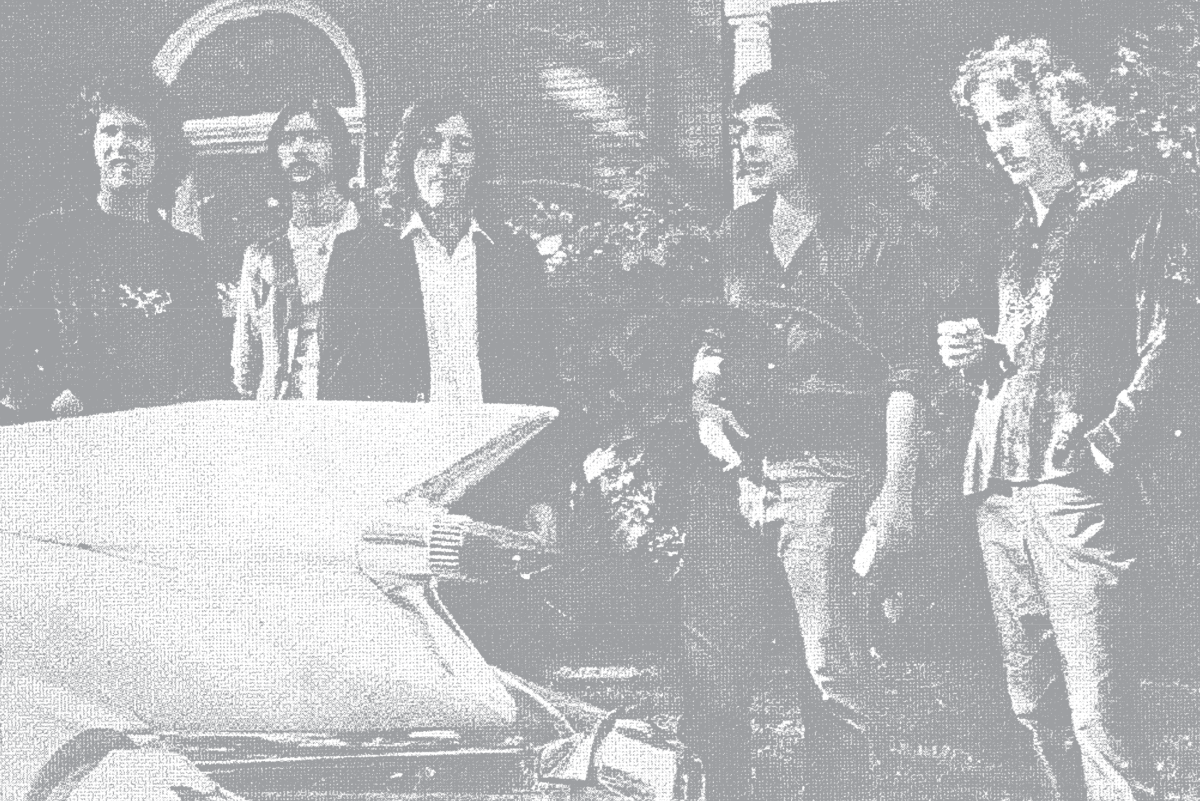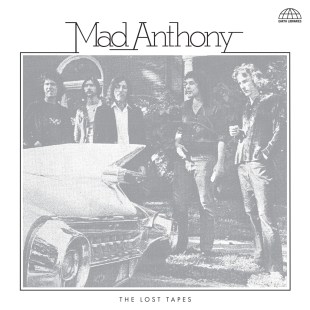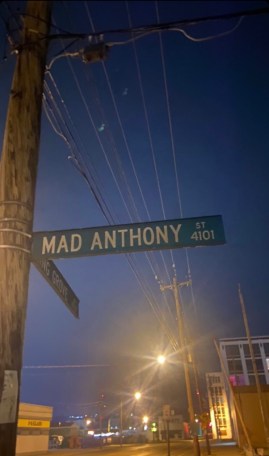Lost ’70s Folk Album Recorded in Old Santa Barbara Barn Finally Sees Light of Day
Mad Anthony’s The Lost Tapes to be released through Earth Libraries label

The artistic promise of late ʼ60s hippie enclaves like Laurel Canyon and Haight-Ashbury was mostly in the rearview mirror by 1975, but California still had a pull on musicians from other parts of the country looking for their big break. On the West Coast, country-rock and the singer-songwriter movement were hitting their commercial peak, and countless bands took off towards the Pacific looking to make their own imprint on the culture. That’s how Mad Anthony, a young folk trio from Cincinnati, found themselves inside an old barn in Santa Barbara, logging their first and only attempt at recording an album that would go virtually unheard for the next 40 years.
Formed during the early 1970s, Mad Anthony started as an acoustic outfit following in the footsteps of the folk-flavored supergroups of the day. At their onset, the band performed in various formations, with songwriters Larry Dotson and John Schwab and eclectic vocalist Carl Richards serving as the constants. The troupe cut their teeth in the club circuits around Ohio and nearby Louisville and Lexington, honing in a deep repertoire of The Byrds, Crosby, Stills & Nash, and the like, while developing a growing collection of self-penned material.

After a few years of working the local bars, Mad Anthony briefly disbanded, with the core members agreeing to reconvene in Southern California for their next move. Richards left first, flocking to Santa Barbara with his wife and kids; Schwab and Dotson followed shortly after. The band managed a modest setup at a friend’s barn near Refugio Canyon, where they planned to record a batch of demos with the hope of securing a label contract. With only their voices, a few guitars and a two-track tape recorder, the trio huddled around a single microphone to capture what would ultimately become the only surviving document of their brief tenure.
Soon after the sessions, Mad Anthony’s bid for fame came to an unceremonious end. Dotson returned to his native Florida, while Richards and Schwab continued workshopping with different players before parting for good, presumably closing the band’s final chapter. It wasn’t until several decades later, when Schwab’s son Ben discovered the tapes, that Mad Anthony’s story would reemerge.
“There’s a lot of mystery around it, a lot of question marks,” says the younger Schwab, a musician with the bands Drugdealer and Sylvie, the latter a solo project largely inspired by Mad Anthony’s legacy. “I sort of developed this narrative about it through asking my dad and hearing these tapes.”
After years of his son’s insistence, John Schwab and Richards, the two surviving members of Mad Anthony, agreed to put out the tapes, partnering with underground record label Earth Libraries for an official release this summer. Thanks to the widespread use of digital streaming services and the relative ease of releasing music online, this marks the first time the songs will be heard by those outside the band’s immediate friends and family.
“I think it has a place in culture now, which is cool,” adds Ben Schwab. “For as good as the music is, it’s a shame no one really heard it other than the people that were around.”

To listen to The Lost Tapes is to be transported to the golden age of the singer-songwriter, a time when soft-rock ruled the airwaves and acts like Jackson Browne, Steely Dan, and the Eagles became household names on the basis of sublime songcraft. In contrast to the highly polished sound of those era-defining artists, the songs on The Lost Tapes are presented in their raw form, the intimacy of the sessions preserved in the homespun quality of the analog recordings.
“They’re demos, so in my dad’s eyes, they sound like crap, but it’s not true,” says Schwab. “They’re so heartfelt and soulful. It has all the character you could want in a song.”
Across eight original compositions, Richards, Schwab, and Dotson capture the purest distillation of the sound they had carefully crafted back home in Cincinnati. Sparkling acoustics intertwine with carefully-woven harmonies to paint a portrait of three individuals in perfect concord. “Babe” and “Harriet Ann” gleam with sunshine, while “Loving You” weighs the tension between love and freedom in the form of a romantic soul ballad. Most affecting of all is “Rina,” a plaintive yet achingly beautiful piano number authored by Schwab about a paramour from a past life.
Nearly 50 years after they migrated west in search of a spark, few artifacts from Mad Anthony’s heyday are still around. Outside of a single photo found on a gig flier from their early days in the Midwest, it is only the songs that remain. The melodies assure the magic is still intact.
Listen to Mad Anthony’s new album The Lost Tapes out June 30 on Earth Libraries.




You must be logged in to post a comment.